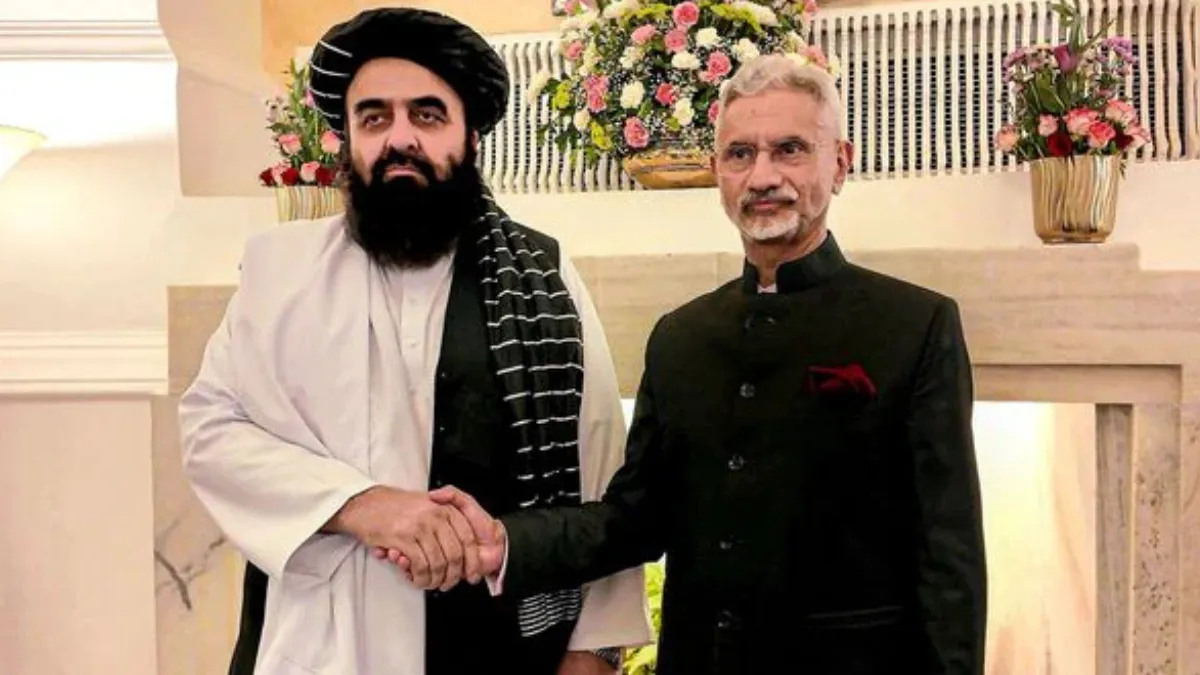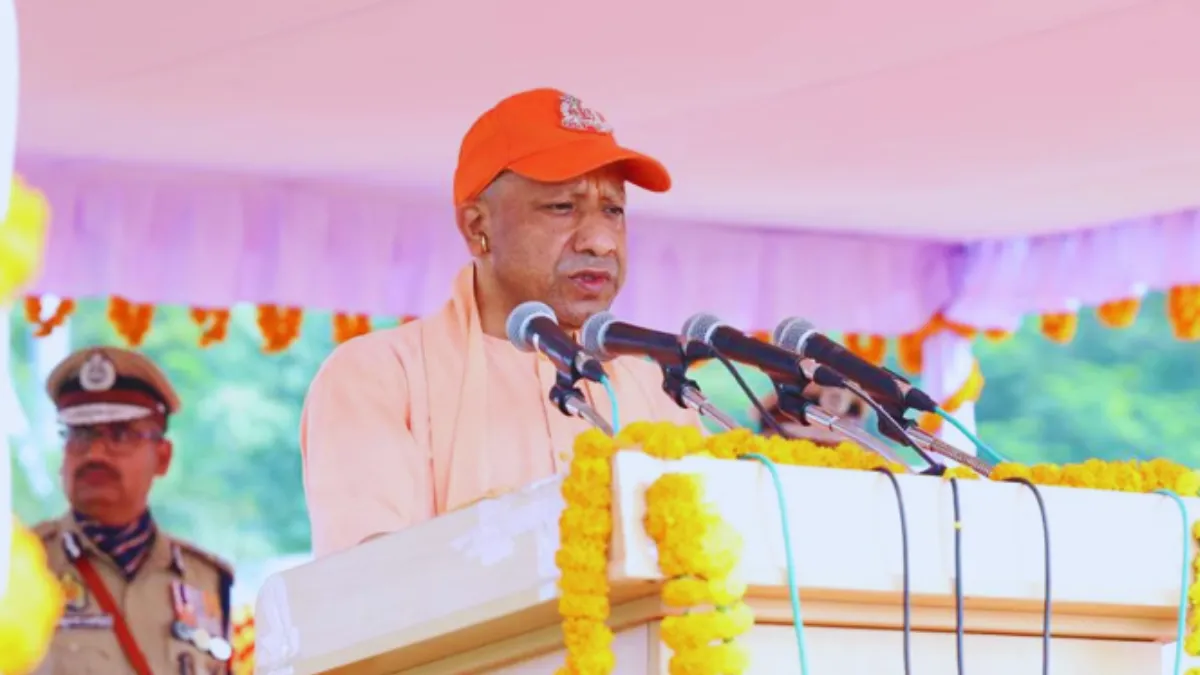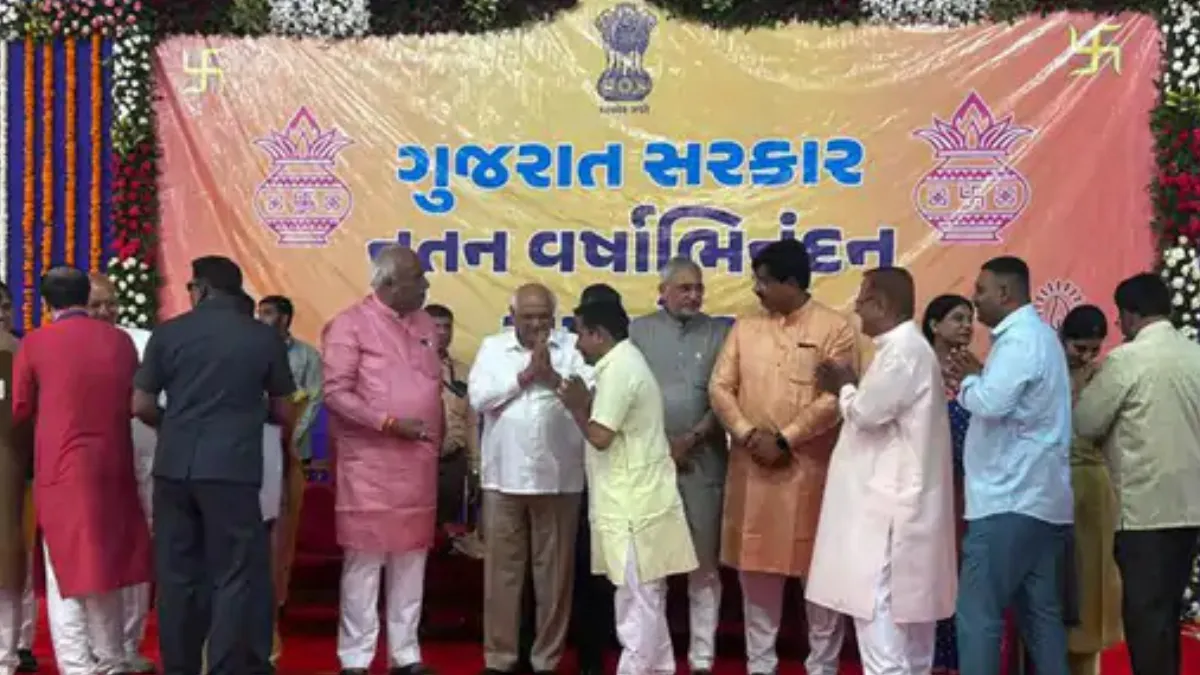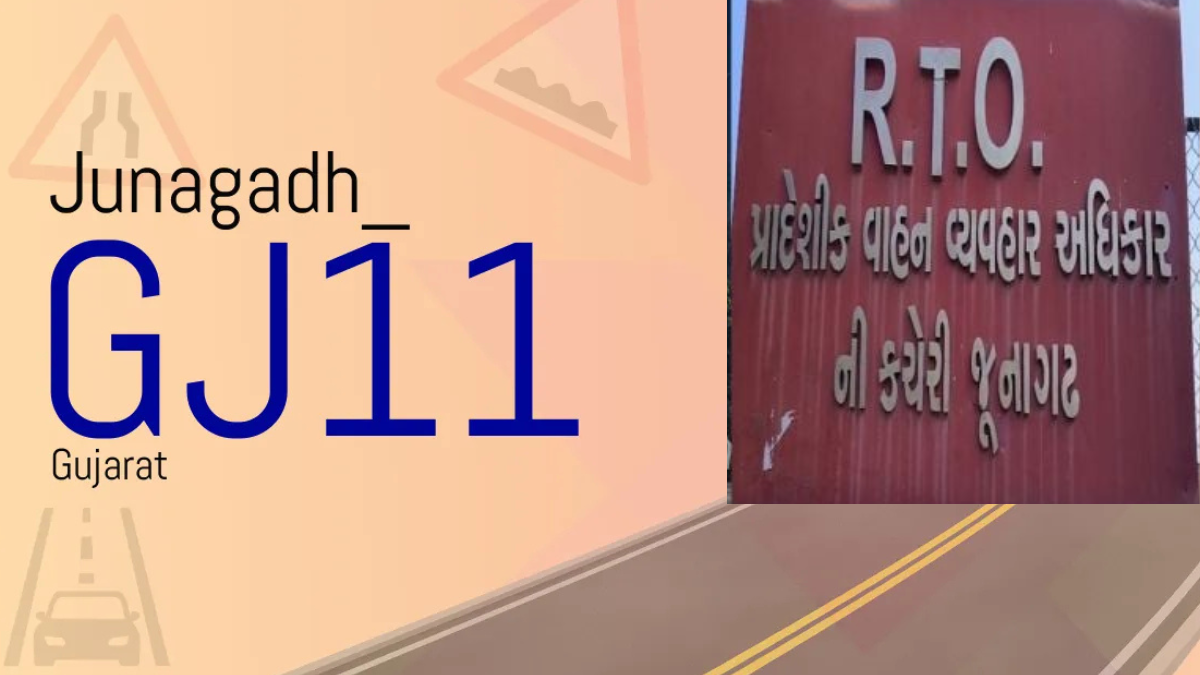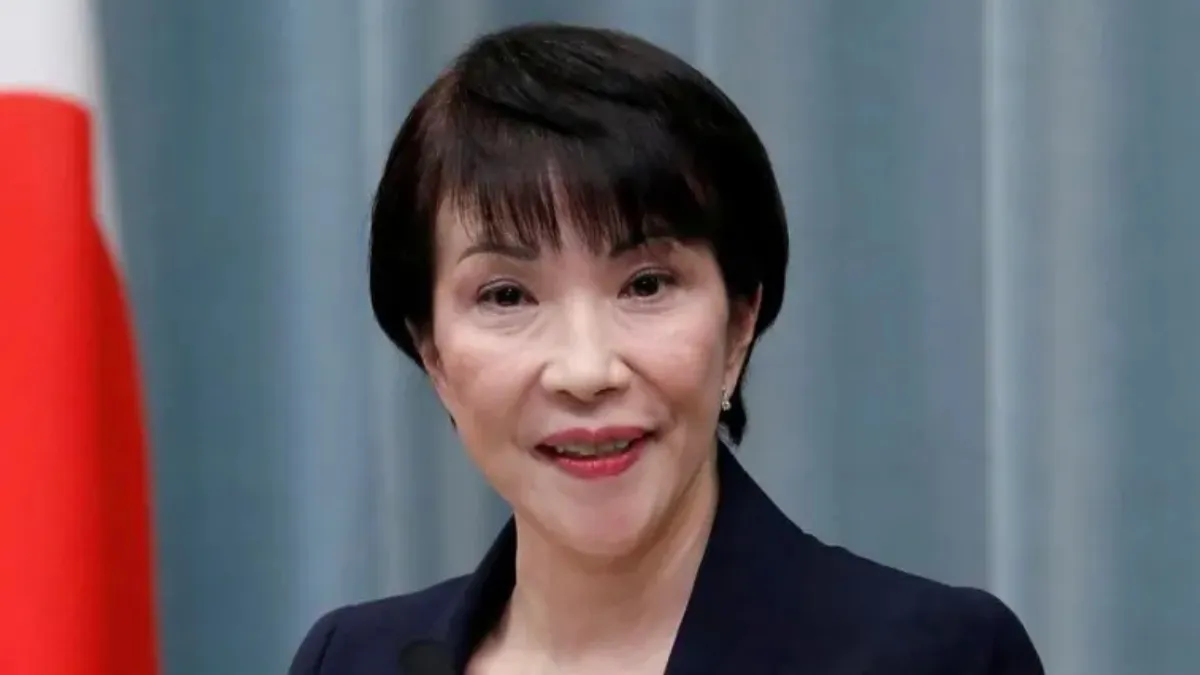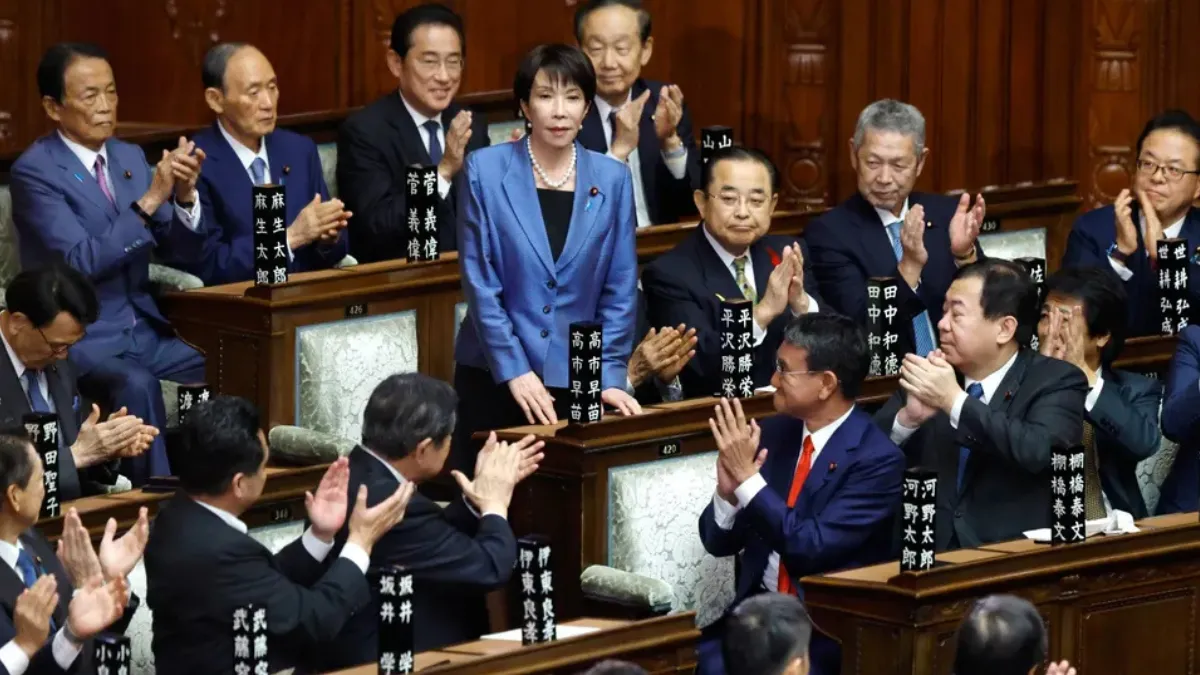Afghanistan’s Foreign Minister, Amir Khan Muttaqi, a senior Taliban minister, was scheduled to visit the iconic Taj Mahal on Sunday, but the highly anticipated tour was unexpectedly canceled at the last moment. Authorities have not provided any official explanation for the sudden change in plans, leaving the public and media puzzled.
Scheduled Visit to Taj Mahal
According to officials, Muttaqi was expected to spend approximately one and a half hours at the Taj Mahal, exploring the monument and attending a lunch at a star-category hotel near the eastern gate. Following the lunch, he was scheduled to return to New Delhi to continue his diplomatic engagements.
However, the Deputy Commissioner of Police in Agra, Sonam Kumar, confirmed that the decision to call off the visit came directly from Delhi. “We received instructions to cancel the visit from Delhi authorities, but we are not in a position to share any specific reason,” Kumar stated.
A senior conservation assistant at the Archaeological Survey of India (ASI) stationed at the Taj Mahal confirmed that the visit had been officially “called off,” further adding that no explanation had been provided so far.
Context of Amir Muttaqi’s Visit to India
The Taliban minister arrived in New Delhi on Thursday and is currently on a six-day official visit to India. During his stay, Muttaqi held high-level talks with India’s External Affairs Minister S. Jaishankar at the Afghan Embassy, followed by a press conference.
The press meet stirred controversy as no woman journalists were allowed to attend. This restriction sparked speculation that India had imposed the limitation; however, the Ministry of External Affairs clarified that it had “no involvement” in the Afghan foreign minister’s press interaction in Delhi.
Significance of the Visit
Amir Muttaqi is the first high-ranking Taliban minister to visit India since the Taliban assumed control of Afghanistan four years ago. Despite the absence of formal recognition of the Taliban administration by India, this visit represents a rare high-level diplomatic engagement between the two countries.
During the visit, the Taliban minister also made a stop in Darul Uloom Deoband in Uttar Pradesh’s Saharanpur district on Saturday, one of South Asia’s most prominent Islamic seminaries. The visit underscores the Taliban’s attempt to strengthen ties and engage with influential institutions across India.
Also read: Taliban Foreign Minister Muttaqi Visits India: Strengthening Ties Amid Regional Shifts
Diplomatic Implications
The visit comes amid complex and strained relations in the region. Both New Delhi and Kabul have been navigating delicate diplomatic waters with Islamabad, especially concerning issues like cross-border terrorism, regional security, and political stability. The canceled Taj Mahal visit adds another layer of intrigue and speculation regarding the broader objectives of the Taliban minister’s visit.
While the Taj Mahal is usually a symbol of cultural diplomacy and tourism, the sudden cancellation of Muttaqi’s visit highlights the sensitivity surrounding high-profile diplomatic engagements involving the Taliban. Authorities and analysts suggest that security considerations, diplomatic protocol, or last-minute strategic decisions may have influenced the cancellation, although no official reason has been disclosed.
Public and Media Reactions
The unexpected call-off has drawn reactions from both the public and the media. Many were anticipating a smooth cultural visit that could have showcased people-to-people engagement, while others see it as a reflection of the cautious approach adopted by Indian authorities in dealing with the Taliban.
Media houses have been closely monitoring the situation, reporting that while Muttaqi’s meetings in New Delhi went ahead as planned, the Taj Mahal stop, which held significant symbolic value, was abruptly removed from the itinerary.
Conclusion
As of now, the reasons behind the cancellation remain unclear. Amir Muttaqi continues his official visit in India, engaging in diplomatic and institutional discussions, but the missed opportunity at the Taj Mahal leaves observers questioning the future trajectory of India-Afghanistan relations under the current Taliban administration.
The visit of the Taliban minister reflects a cautious yet significant step in South Asian diplomacy, signaling India’s nuanced approach in engaging with Afghanistan despite ongoing regional tensions.
